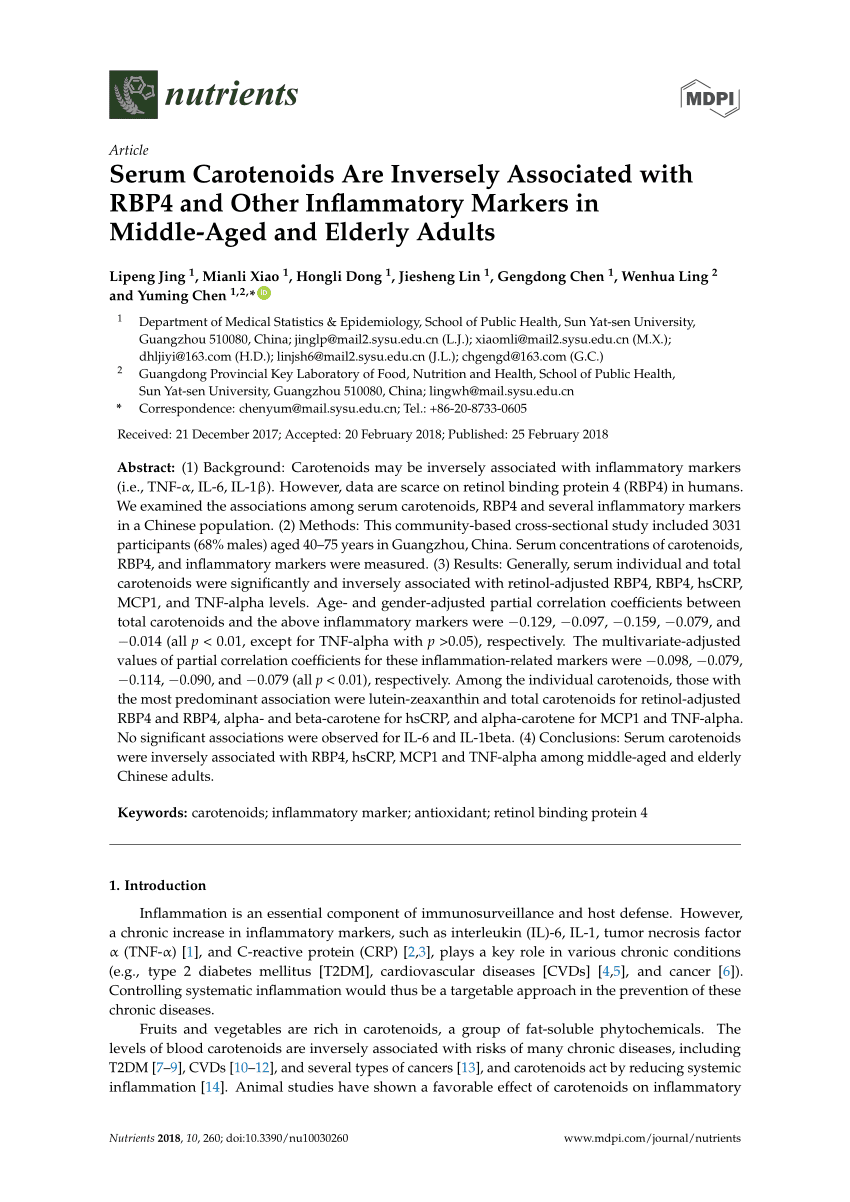somuch4food
Member
- Joined
- Aug 23, 2018
- Messages
- 1,281
@GorillaHead Did you see this study I posted? Retinoic Acid Is Elevated in the Mucosa of Patients With Active Ulcerative Colitis and Displays a Proinflammatory Role by Augmenting IL-17 and IFNγ Production - PubMed
It's another argument for your case.
In his books, Grant does the same with other modern illnesses. Linking maps of vitamin A consumption compared with autoimmune/chronic disease incidences.
The fact that retinoic acid is used as a chemical peel on external skin makes sense that it would irritate the gut (our internal skin).
It's another argument for your case.
In his books, Grant does the same with other modern illnesses. Linking maps of vitamin A consumption compared with autoimmune/chronic disease incidences.
The fact that retinoic acid is used as a chemical peel on external skin makes sense that it would irritate the gut (our internal skin).

